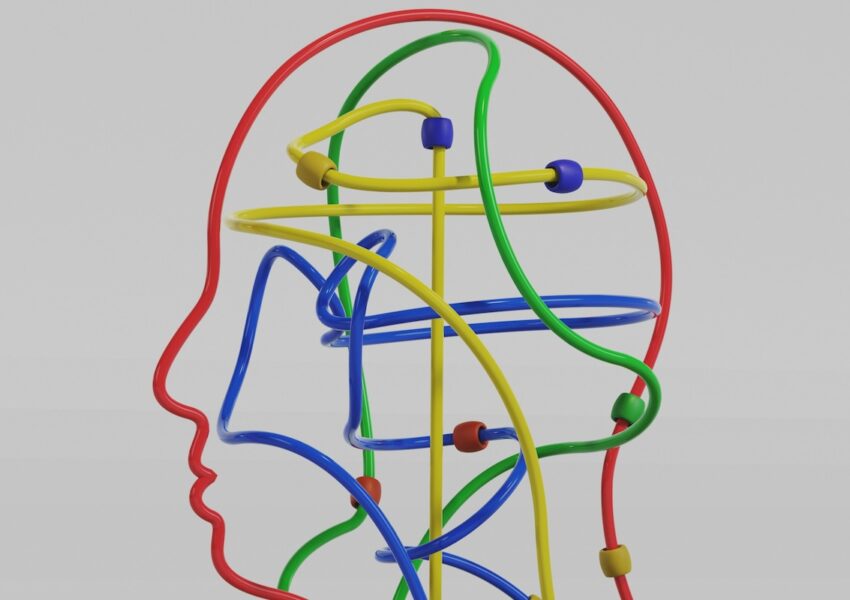Let’s create mental health reform that matches outcome with desire
Zoe Seager
13 January 2025

The Mental Health Act (MHA) 1983 has long shaped the way individuals with mental health conditions are assessed, cared for, and detained. However, the realities of modern healthcare demand a fundamental reform of this legislation to ensure it upholds patient dignity, reduces unnecessary detentions, and fully integrates digital solutions.
The government’s ongoing efforts to reform the MHA offer an unprecedented opportunity to build a system that is fit for the 21st century, but the final legislation must be crafted with care to avoid unintended consequences and ensure genuine improvements for patients and practitioners alike.
Currently moving through the House of Lords having been introduced by Baroness Merron in November 2024, the Bill comes after many years of campaigning by patient groups, charities, MPs and others alike – all in agreement that the existing Act was out of date and not reflective of modern healthcare challenges.
Patient first
For too long, patients subject to the MHA have not had their autonomy adequately respected. Individuals often find themselves detained against their will without a clear understanding of their rights or a say in their treatment. One of the most promising aspects of the proposed reforms is the inclusion of advance choice documents, care and treatment plans and safety management plans, which will come together to allow individuals to outline their needs and treatment preferences in advance – and help to keep them safe in a repeated crisis. This is a crucial step in giving patients more control over their care, ensuring that their voices are heard even in times of crisis. However, for this reform to be effective, these plans must be universally recognised and easy for clinicians to access at the point of care, as well as ensuring clinicians and others have the time and resources to provide high quality care and support. Digital integration and the time freed up by improved efficiency will be key to making this a reality.
Another critical element of reform is reducing the number of individuals unnecessarily detained under the Act, particularly autistic people and those with a learning disability, and those within black and black British communities who have long been disproportionately affected. The government has acknowledged this issue, and revisions to the criteria for detention are designed to ensure that compulsion is only used when absolutely necessary, and when treatment is available. While this is a step in the right direction, simply changing the legal criteria will not be enough. The system must be backed by well-resourced community mental health services that can provide early intervention and support, preventing crises from escalating to the point where detention becomes the only option.
Tackling inequalities
One of the most contentious aspects of the reform is the proposed changes to Community Treatment Orders (CTOs), with many wanting it to go even further towards abolishing them. Evidence suggests that CTOs have failed to reduce readmissions and have disproportionately impacted Black individuals. It is essential that alternatives are put in place to ensure that those who need ongoing support do not fall through the cracks. Community-based mental health services must be strengthened to provide continuity of care, rather than relying on coercive measures to manage patients in the community.
A modern MHA must also embrace the potential of digital technology. At present, mental health assessments and detentions often involve cumbersome, paper-based processes that create unnecessary delays and administrative burdens on already overstretched staff further reducing the time they have to provide care. Digital tools can streamline these processes, ensuring that clinicians have real-time access to patient information, reducing errors, and improving communication across teams. By embedding digital solutions into the framework of the MHA, we can make the system more efficient, transparent, and responsive to patients’ needs.
Matching outcome with desire
While the proposed reforms are promising, there are significant risks that must be addressed. The most immediate concern is resource allocation. Without sufficient investment in mental health services, such as Second Opinion Appointed Doctor (SOAD) and tribunal personal numbers, the ambition to reduce detentions and improve patient choice will remain an empty promise. Local mental health teams are already stretched thin, and unless the government commits to increasing funding and staffing, these reforms will fail to deliver meaningful change.
Another risk is the digital divide. While technology offers immense benefits, there is a danger that individuals without access to digital tools – particularly those from disadvantaged backgrounds – could be excluded. Any digital integration must be accompanied by measures to ensure accessibility and inclusivity, ensuring that no one is left behind.
Resistance to change within the healthcare system is also a challenge. Many clinicians are accustomed to the existing framework, and changes to CTOs, in particular, may be met with scepticism. A clear strategy for training and transition will be needed to ensure that frontline staff are fully equipped to implement the new provisions effectively.
Finally, the legal and ethical complexities of revising detention criteria cannot be overlooked. Striking the right balance between protecting individuals in crisis and respecting their autonomy is not straightforward. The new MHA must be carefully drafted to avoid ambiguity and ensure that decisions are made in a way that is fair, transparent, and subject to appropriate oversight.
The reform of the MHA represents a once-in-a-generation opportunity to build a system that is more equitable, effective, and humane. The government must ensure that the final legislation enshrines patient rights, provides clear criteria for detention, invests in community-based care, and embraces digital innovation. If done correctly, these reforms could transform mental health treatment for those most in need in the UK for the better. But if they fall short, we risk perpetuating the same failings that have plagued the system for decades. Now is the time to get this right.
About the author

Zoe Seager
Client Director
Zoe is Client Director at Thalamos, leading all the client facing functions including programme implementation, customer success and business development. She came to Thalamos from the Department of Health and Social Care where she was Deputy Director for Mental Health Strategy and Delivery, working across Government, the NHS and public health bodies to develop and deliver strategies, policies and programmes to improve mental health outcomes in England. Before joining the civil service, she developed and delivered strategic projects and programmes for Wellcome, a philanthropic trust that supports science to solve urgent health problems.
Follow Zoe Seager


